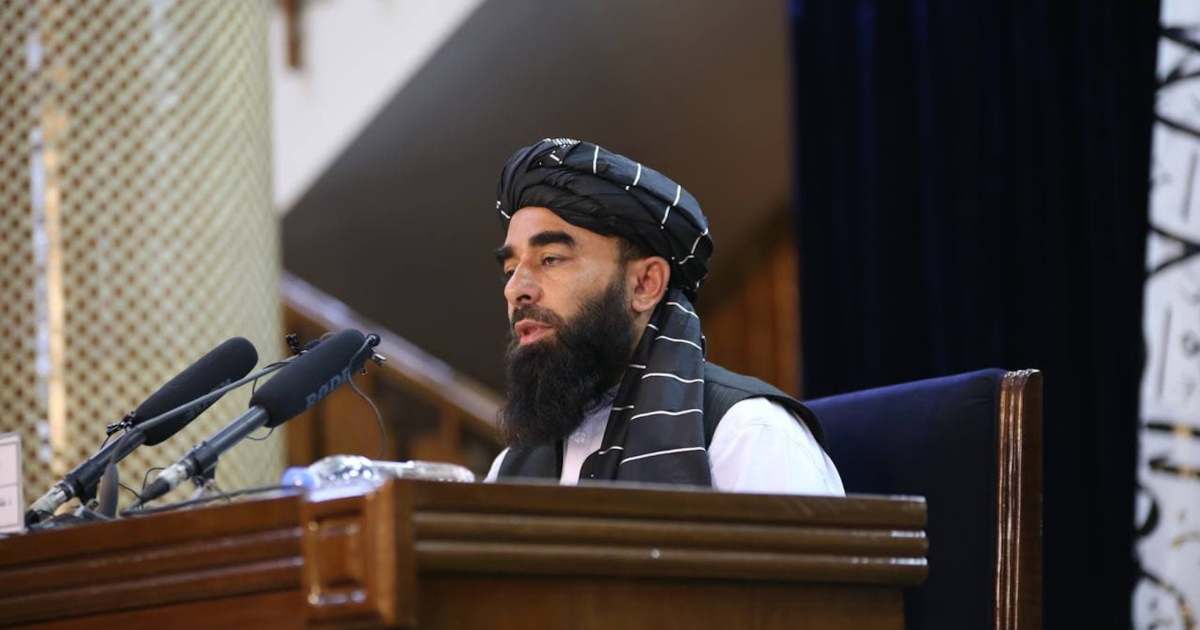The Undersecretary of the Afghan Ministry of Culture and Information, Zabihullah Mujahid, explained that the caretaker government does not intend to demand the extradition of former President Ashraf Ghani, but rather demands the return of the country's looted funds.
Mujahid added - in an interview with the Russian "Sputnik" agency - that the former president looted Afghanistan's money, and the government wants to return it because it is the right of the Afghan people, he said.
In response to a question about whether Kabul had requested mediation to lift the sanctions, the Afghan Culture and Media Undersecretary said that Russia could take an important step in this matter.
Mujahid noted that aid reaches Afghanistan from Russia, Qatar, Pakistan and the United Nations, stressing that Kabul is waiting for more from it.
He also said that the number of ISIS members in the country is very small, and "we are working to reveal their whereabouts," revealing that Washington has pledged not to launch any future raids on Afghan soil.
With regard to relations with Russia, Mujahid said that his government desires good relations with it, and that they are open to visiting Moscow.
In the same context, "Sputnik" - quoting the Russian Foreign Ministry - said that Moscow and Kabul were discussing the possibility of a visit by a delegation from the interim Afghan government.
Mujahid also made it clear that the Taliban has no differences with Tehran currently, and is seeking to establish strong relations with it.
Relationships with everyone
For his part, Amir Khan Muttaki, acting foreign minister in the Afghan caretaker government, called on the international community to build good relations with his country.
Mottaki reiterated - during a speech at the inauguration ceremony of the new acting trade minister - that the current government wants good ties and relations with everyone.
Mottaki said, "We want good relations with neighboring countries and all countries of the world, and we ask countries not to interfere in our internal affairs because the policy of pressure will not work, and this policy did not work for the past 20 years during the American occupation of the country."
In a parallel context, US Secretary of State Anthony Blinken called on the international community to adopt a unified approach towards the Taliban.
At the conclusion of his participation in the 76th session of the United Nations General Assembly, Blinken stressed that the international legitimacy that the Taliban seeks is linked to the extent of their commitment to the commitments they made, such as allowing freedom of travel and preventing "terrorist" groups from using Afghanistan.
"Our message to the international community is that any legitimacy or support that may be provided to the Taliban is linked to their fulfillment of the commitments they made in the main areas, which are to allow foreigners and Afghans to travel outside the country if they wish to do so, and to prevent terrorist groups from using Afghanistan as a base for foreign operations that threaten other countries," Blinken said. Respecting basic human rights, especially for women, children and minorities, and refraining from reprisals, among others.

